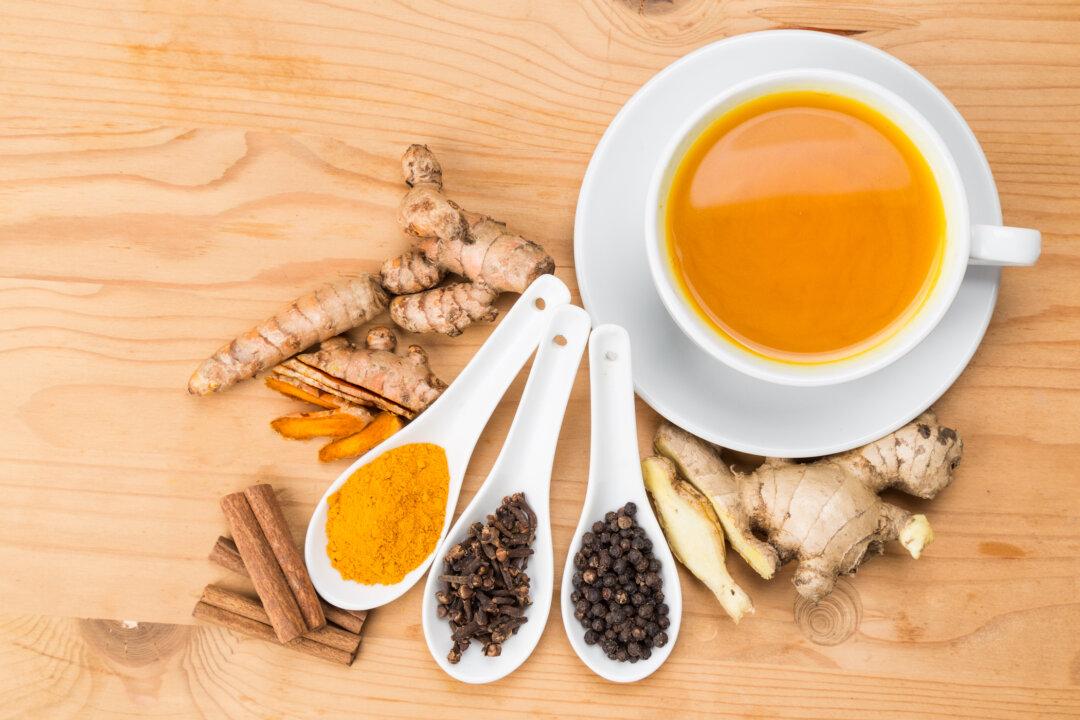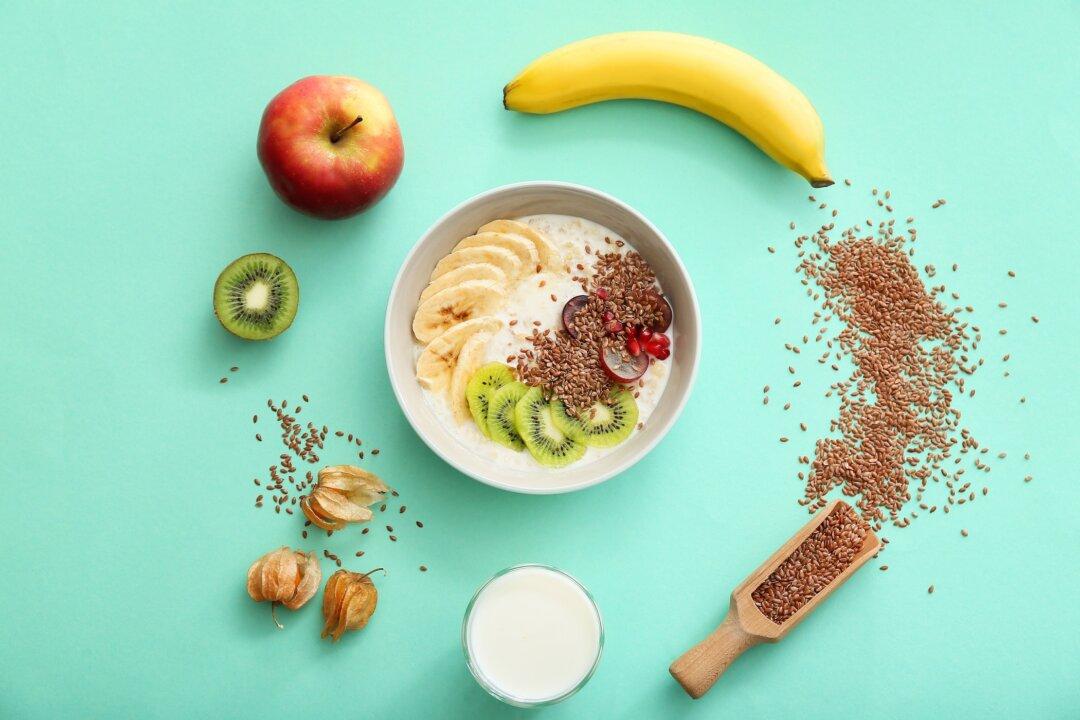Avocado consumption can improve artery function, but what effect might guacamole have on cancer risk?
In my last video about avocados, The Effects of Avocados and Red Wine on Meal-Induced Inflammation, I described their anti-inflammatory effects and cholesterol- and triglyceride-lowering effects, but what about the Are Avocados Good for You? video I did years ago about the chromosome-damaging effects in a petri dish? That goes back to 1975, when a pesticide naturally produced by the avocado tree was discovered, thought to explain why lactating livestock suffer mammary gland damage after nibbling on the leaves. The toxin, named persin, was also found to be damaging to the heart, which is why you should never feed avocado to your pet birds.
But, if persin attacks mammary cells in animals, might it attack breast cancer cells in humans? As you can see at 0:52 in my video Are Avocados Healthy?, it did seem to have the same kind of cellular cytoskeleton-clumping effect in vitro that chemotherapy can have, demonstrating potent cell growth stopping and killing effects of the novel plant toxin among various lines of human breast cancer cells. So, researchers are thinking about how it might one day be used as chemo itself, but I’m thinking, Holy guacamole, Batman! Please tell me it doesn’t have toxic effects on normal cells, too.






